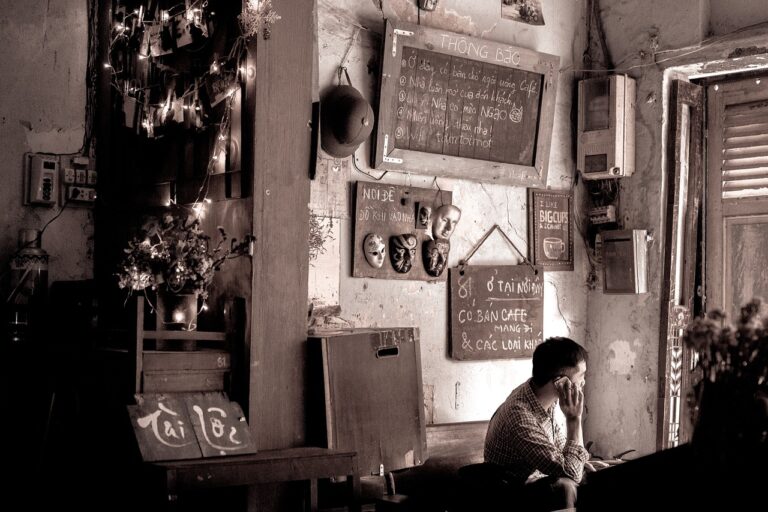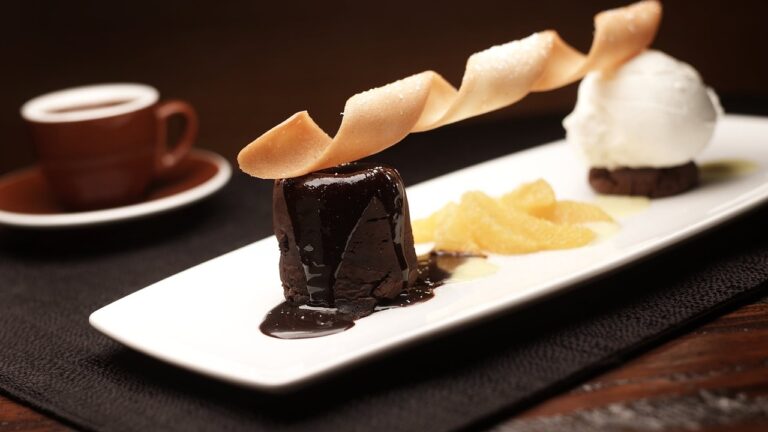The Significance of Jewelry in Indian Weddings
tigerexch, golden77.com, sky 99 exch:Indian weddings are known for their grandeur, opulence, and intricate traditions. One significant aspect of Indian weddings is the importance of jewelry. From the bride to the guests, jewelry plays a crucial role in not just enhancing the beauty of individuals but also in symbolizing tradition, culture, and social status.
Indian weddings are a visual treat, with vibrant colors, elaborate decorations, and, of course, stunning jewelry. The bride, especially, is adorned with a plethora of jewelry pieces that showcase intricate designs, exquisite craftsmanship, and precious stones. From necklaces to earrings, bangles to anklets, every piece of jewelry is carefully chosen to complement the bride’s outfit and enhance her beauty on her special day.
The Significance of Jewelry in Indian Weddings:
1. Bridal Sets: One of the most significant aspects of Indian bridal jewelry is the bridal set, which includes a necklace, earrings, bangles, and sometimes a maang tikka and a nose ring. These sets are often passed down from generation to generation, symbolizing the family’s heritage and traditions.
2. Mangalsutra: The mangalsutra is a sacred necklace worn by married women in India, symbolizing their marital status and the bond between husband and wife. It is an essential part of the Indian wedding ceremony and is believed to bring prosperity and happiness to the couple.
3. Bindi: The bindi is a small decorative mark worn on the forehead by Indian women, especially brides. It symbolizes the third eye and is believed to protect the wearer and bring good luck. Brides often wear elaborate bindis on their wedding day to accentuate their beauty and add a touch of traditional charm.
4. Anklets: Anklets, also known as payal or paayal, are worn around the ankles by Indian women. They are not just a piece of jewelry but also a musical instrument, as they produce a tinkling sound when the wearer walks. Anklets are considered auspicious in Indian weddings and are believed to bring good luck to the couple.
5. Temple Jewelry: Temple jewelry is a traditional form of jewelry inspired by intricate temple designs and motifs. It is often made of gold and precious stones and is worn by brides on their wedding day to symbolize their purity and devotion.
6. Kundan Jewelry: Kundan jewelry is another popular choice for Indian brides, known for its elaborate designs and use of gemstones. Kundan sets are often worn by brides to add a touch of glamour and elegance to their wedding attire.
The significance of jewelry in Indian weddings goes beyond mere adornment. Each piece of jewelry holds deep cultural and religious meaning, reflecting the rich heritage and traditions of the country. Whether it is the bride, the groom, or the guests, jewelry plays a vital role in enhancing the beauty and grace of individuals and adding a touch of tradition to the auspicious occasion.
FAQs:
1. Can brides mix and match different styles of jewelry for their wedding?
Yes, brides can mix and match different styles of jewelry to create a unique and personalized look for their wedding day. It is essential to ensure that the jewelry pieces complement each other and the bridal outfit.
2. Are there any specific superstitions or beliefs associated with wedding jewelry in India?
Yes, there are several superstitions and beliefs associated with wedding jewelry in India. For example, wearing certain gemstones is believed to bring good luck and prosperity to the couple. It is essential to consult with a knowledgeable jeweler or astrologer before choosing wedding jewelry.
3. How can guests accessorize with jewelry for an Indian wedding?
Guests attending an Indian wedding can accessorize with traditional jewelry pieces such as bangles, earrings, and necklaces. It is essential to consider the dress code and theme of the wedding while choosing jewelry to ensure a seamless and elegant look.
4. Are there any specific customs or rituals related to the exchange of jewelry during Indian weddings?
Yes, there are several customs and rituals related to the exchange of jewelry during Indian weddings. For example, the groom may gift the bride a piece of jewelry as a symbol of his love and commitment. The exchange of jewelry symbolizes the bond between the couple and their families.
In conclusion, jewelry holds significant importance in Indian weddings, symbolizing tradition, culture, and social status. From bridal sets to temple jewelry, each piece of jewelry plays a vital role in enhancing the beauty and grace of individuals and adding a touch of tradition to the auspicious occasion. Whether it is the bride, the groom, or the guests, jewelry is an essential part of Indian weddings, reflecting the rich heritage and traditions of the country.







